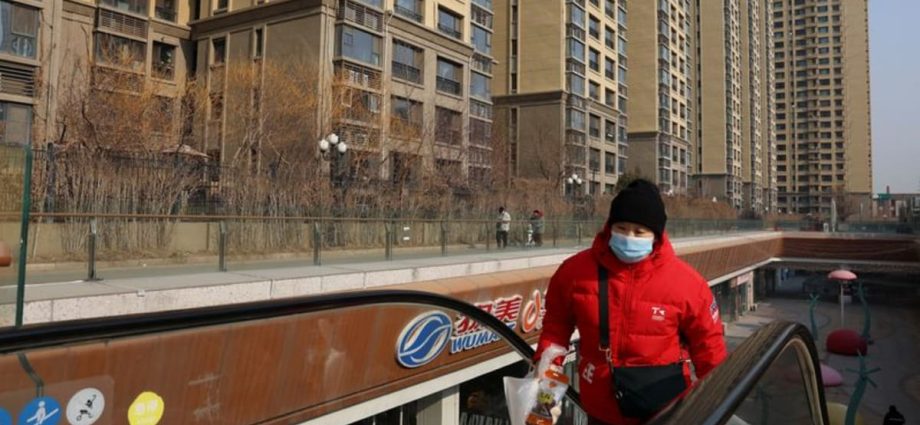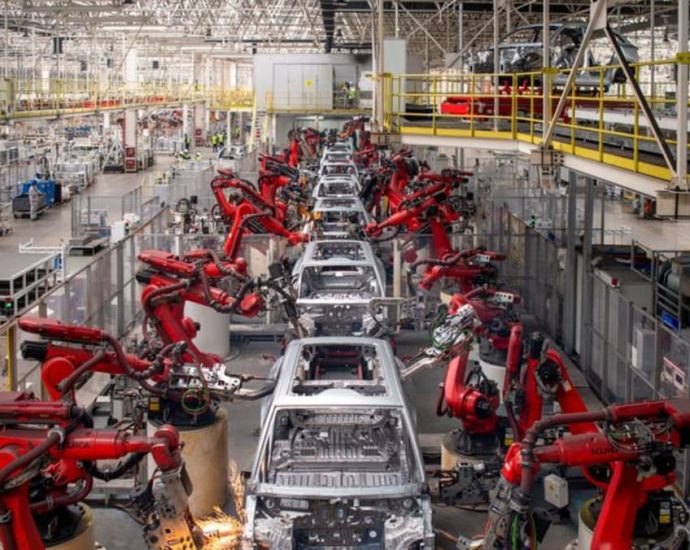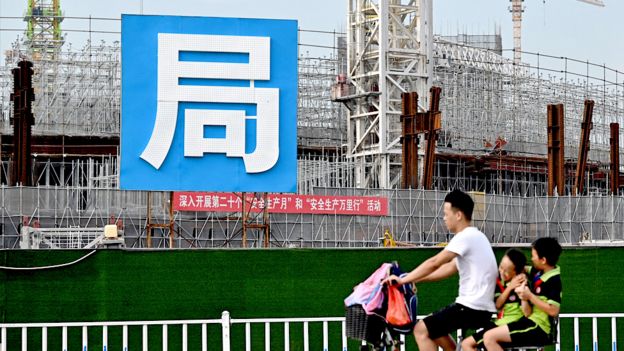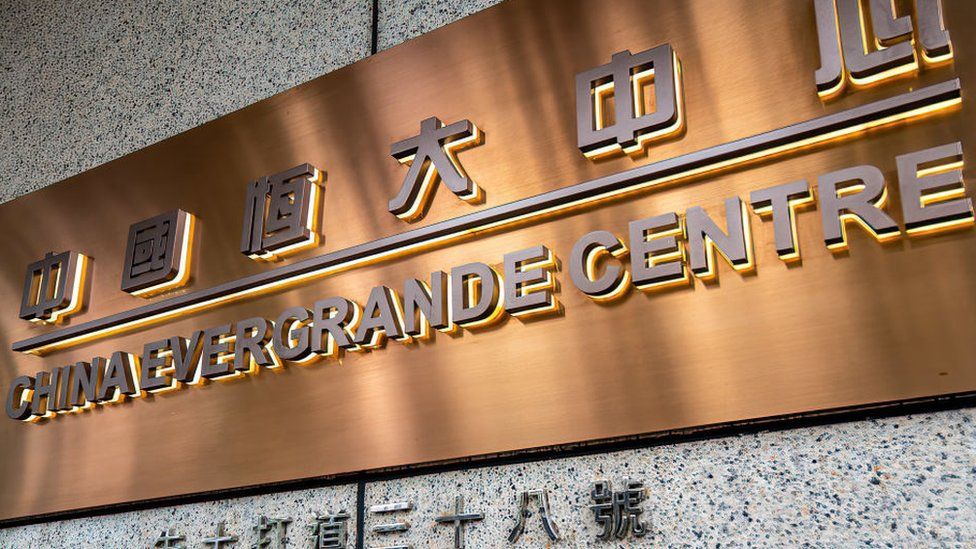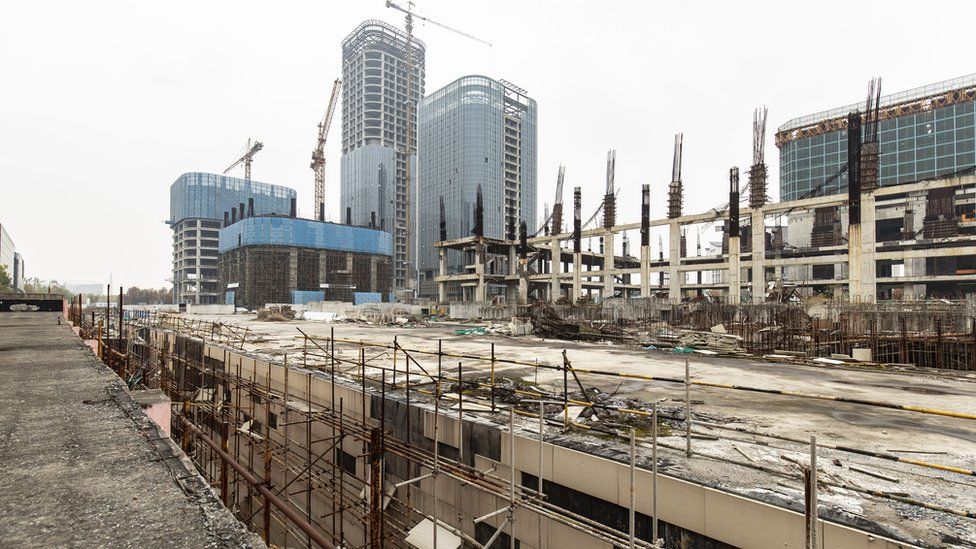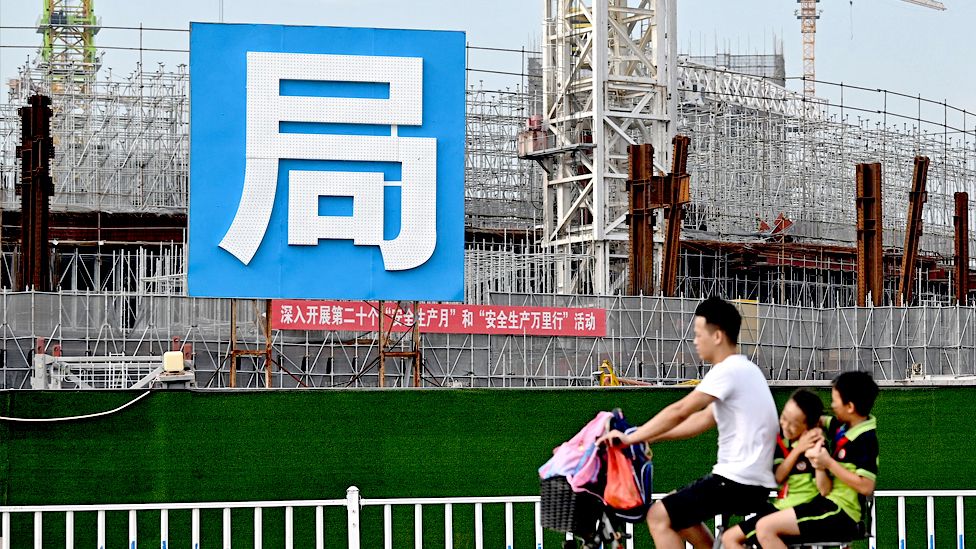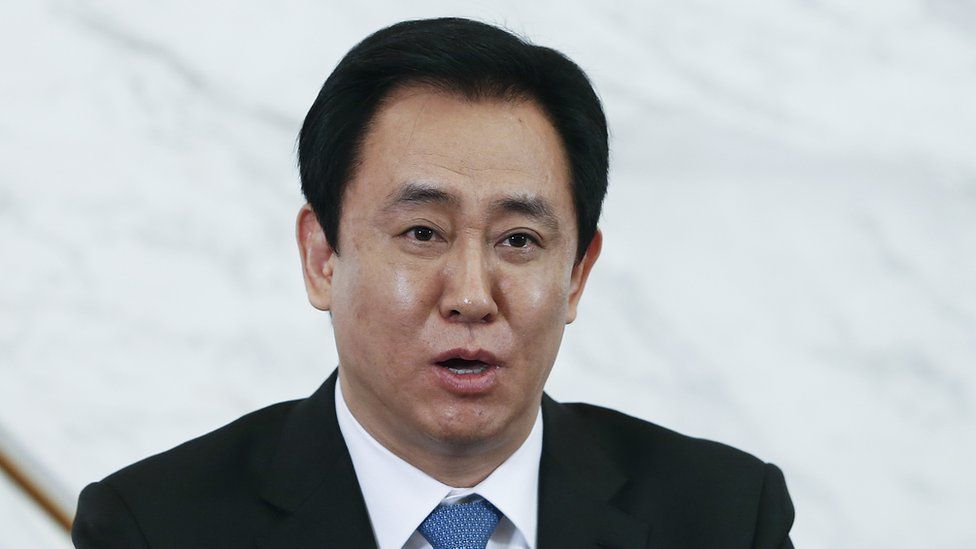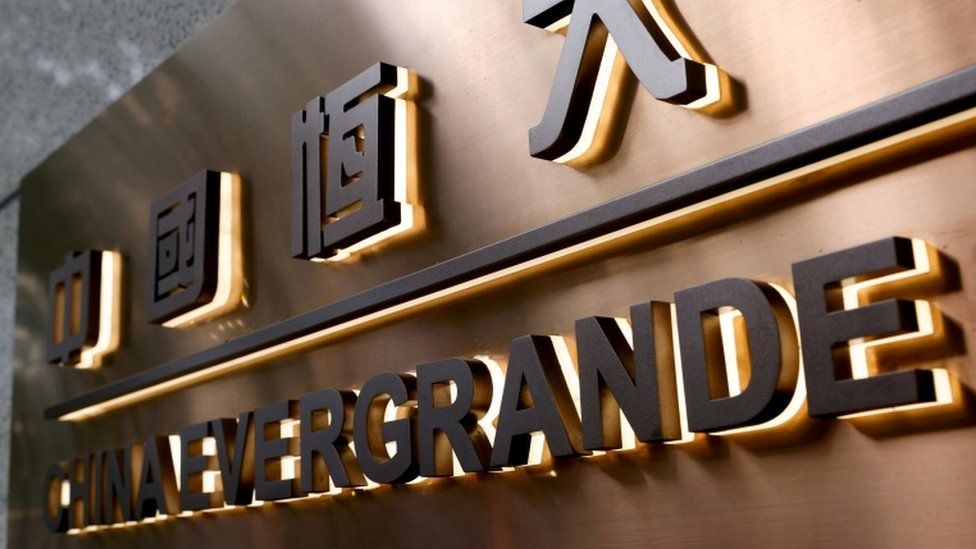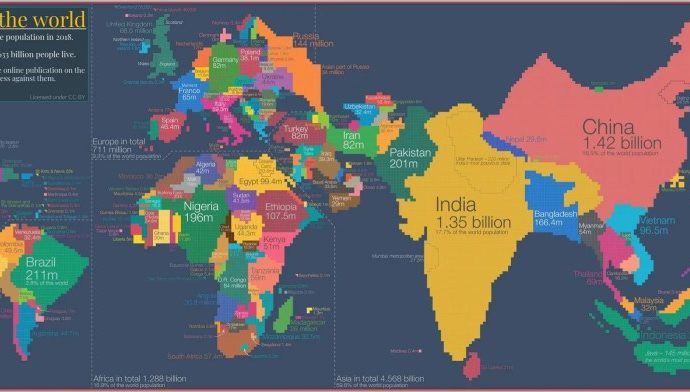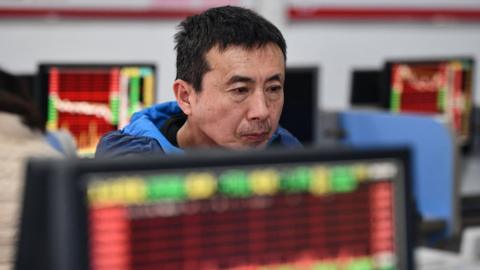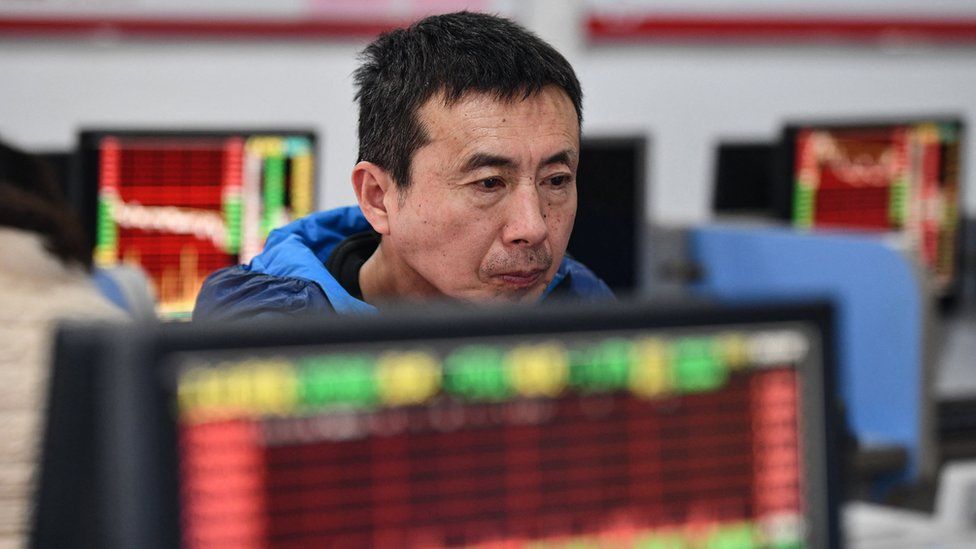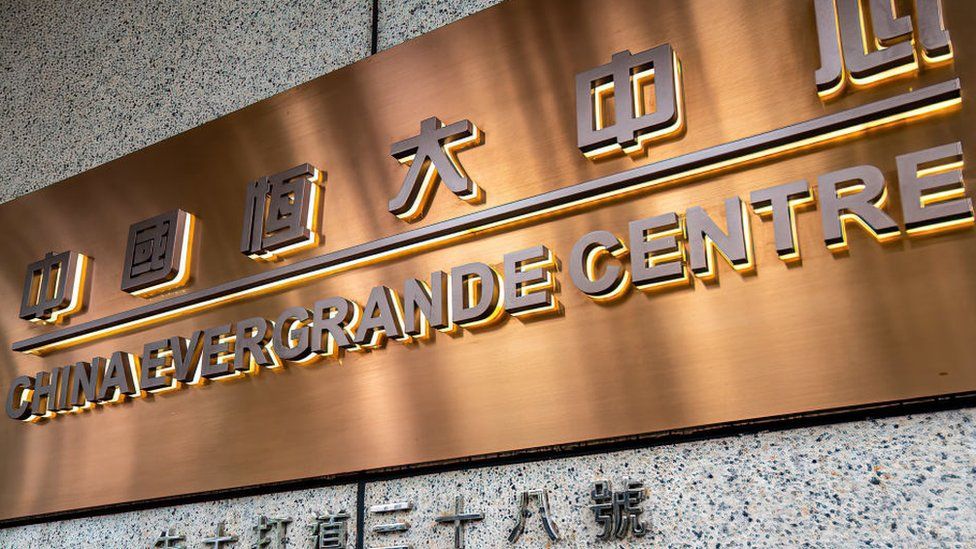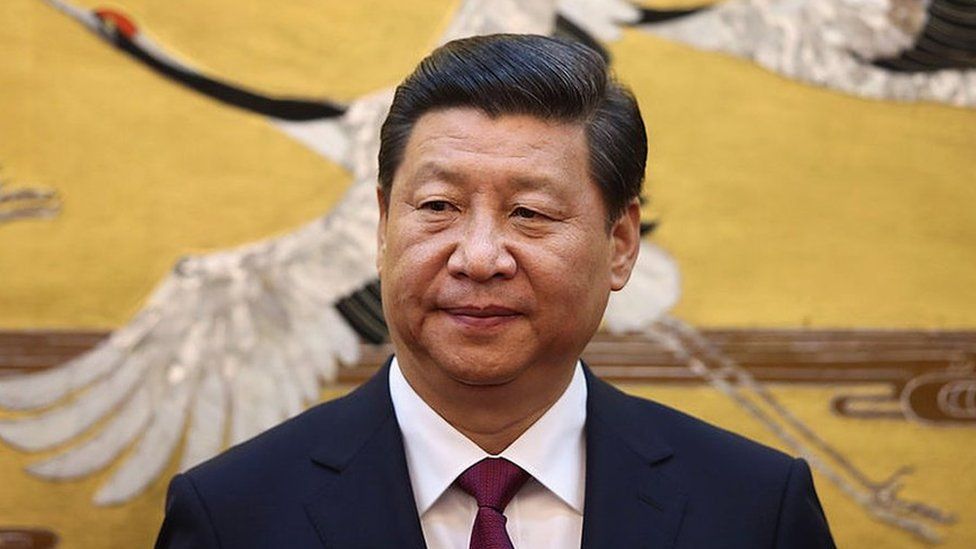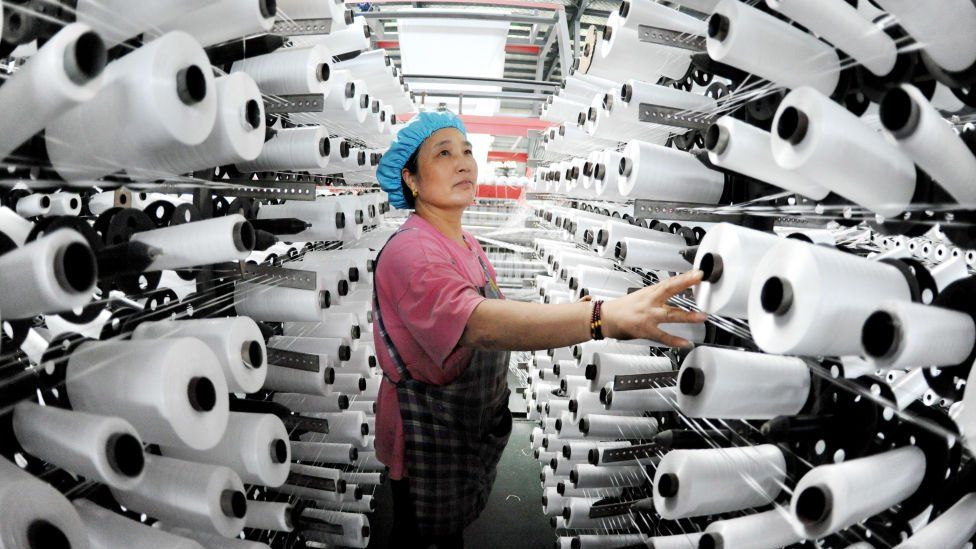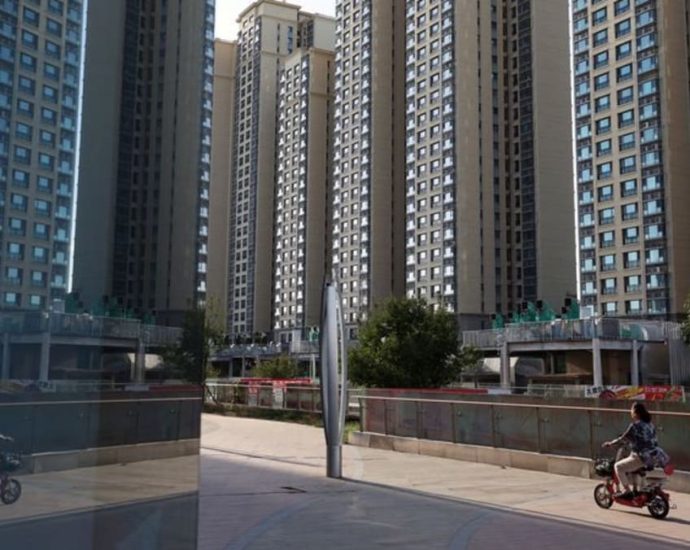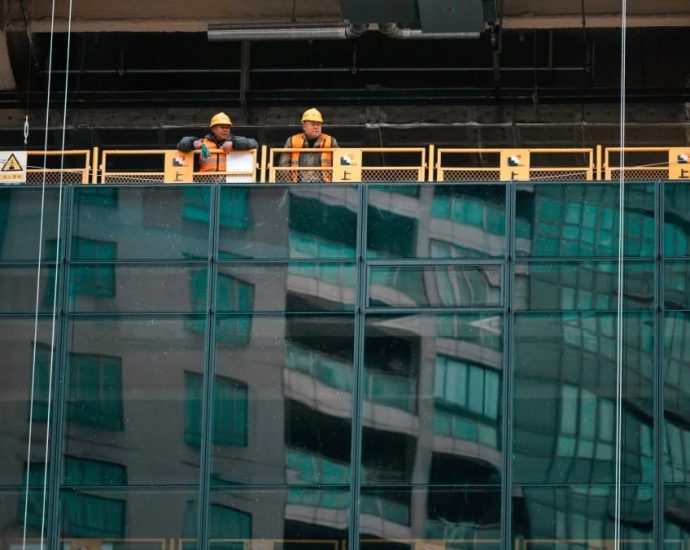What does Evergrandeâs liquidation mean for other property developers in China?

The liquidators could propose a new debt restructuring plan if it is determined that the Guangzhou-based firm has enough assets or if a white knight investor emerges. They could also refer suspected misconduct by directors to Hong Kong prosecutors.
The process, however, could be complicated, and face cross-jurisdictional issues as most of the developer’s assets are located in mainland China, said experts.
It is not clear whether the Hong Kong court order could be enforced onshore, Dr Wu told CNA’s Asia Now on Monday.
“Hong Kong and mainland China are two different jurisdictions, so this will be a challenge,” he said.
“If there’s no court in mainland China that actually recognises this Hong Kong court case, then perhaps there are limited things that the provisional liquidator in Hong Kong can do.
“(Even) if there is a court in mainland China that actually does recognise this court case, I think this will still be a long, drawn-out process.”

